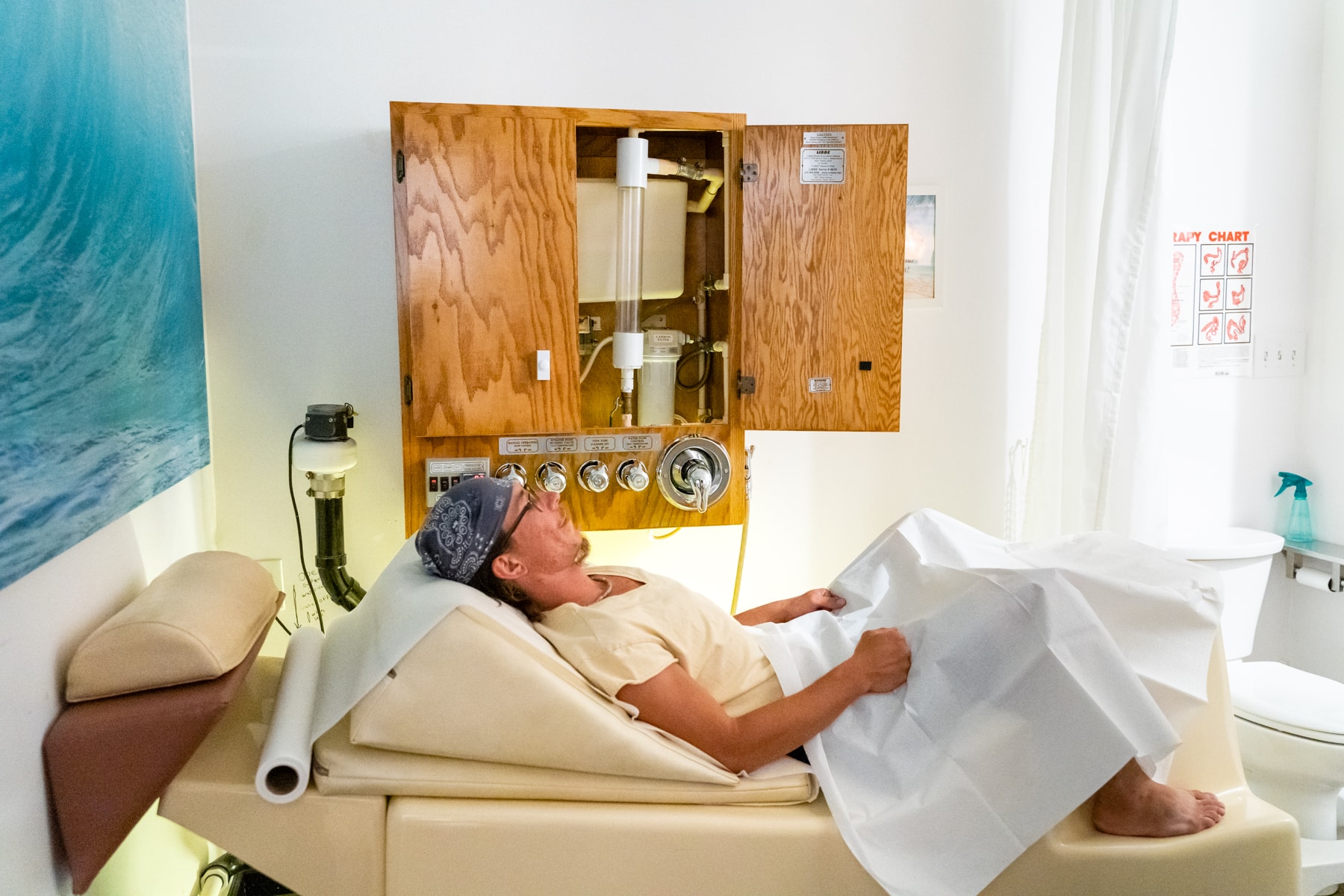
Colon hydrotherapy, also known as colonic irrigation or colon cleansing, is a procedure that involves the gentle flushing of the colon with water to remove toxins, waste, and built-up material. This practice has been used for centuries in various cultures to promote overall health and well-being. In this article, we will delve into the basics of colon hydrotherapy to help you understand what it is, how it works, and its potential benefits.
What is Colon Hydrotherapy?
Colon hydrotherapy is a procedure that involves the introduction of warm, filtered water into the colon through a tube inserted into the rectum. The water gently fills the colon, stimulating peristalsis (muscle contractions) to encourage the release of waste and toxins. The waste is then flushed out of the body along with the water, leaving the colon clean and rejuvenated.
How Does Colon Hydrotherapy Work?
During a colon hydrotherapy session, you will lie on a table while a trained practitioner inserts a small tube into your rectum. The tube is connected to a machine that controls the flow of water into and out of the colon. The entire process is gentle and painless, with most people describing it as a feeling of fullness or mild cramping.
Benefits of Colon Hydrotherapy
- Detoxification: Colon hydrotherapy helps to remove built-up waste, toxins, and harmful bacteria from the colon, promoting overall detoxification of the body.
- Improved Digestion: By cleansing the colon, colon hydrotherapy can improve digestion and nutrient absorption, leading to better overall health.
- Increased Energy: Many people report feeling more energized and revitalized after a colon hydrotherapy session due to the removal of toxins and waste from the body.
- Weight Loss: Some individuals may experience weight loss as a result of releasing stored waste and improving digestive function through colon hydrotherapy.
- Enhanced Mental Clarity: A clean colon can lead to improved mental clarity, focus, and overall cognitive function.
What to Expect During a Colon Hydrotherapy Session
Before your colon hydrotherapy session, it is recommended to avoid heavy meals and to drink plenty of water to help prepare your colon for the procedure. During the session, you will be asked to lie on your side while the practitioner gently inserts the tube and begins the water flow. The entire process usually takes around 45 minutes to an hour.
Aftercare and Follow-Up
After a colon hydrotherapy session, it is essential to drink plenty of water to help flush out any remaining toxins and waste from the body. You may also be advised to consume light, easily digestible foods to support the cleansing process. Some people may benefit from multiple sessions to achieve the desired results.
Is Colon Hydrotherapy Safe?
Colon hydrotherapy is generally considered safe when performed by a trained and experienced practitioner in a sterile environment. However, it is not suitable for everyone, especially individuals with certain medical conditions such as inflammatory bowel disease, severe hemorrhoids, or recent colon surgery. It is essential to consult with your healthcare provider before undergoing colon hydrotherapy to ensure that it is safe for you.
Potential Risks of Colon Hydrotherapy
While rare, there are some potential risks associated with colon hydrotherapy, including:
- Dehydration
- Electrolyte imbalances
- Perforation of the colon
- Infection
It is crucial to choose a reputable and certified practitioner and to discuss any concerns or medical conditions with them before undergoing colon hydrotherapy.
Conclusion
Colon hydrotherapy can be a beneficial practice for promoting detoxification, improving digestion, and enhancing overall well-being. By understanding the basics of colon hydrotherapy and its potential benefits, you can make an informed decision about whether it is the right choice for you. Remember to consult with your healthcare provider before undergoing any colon cleansing procedure to ensure your safety and well-being.
